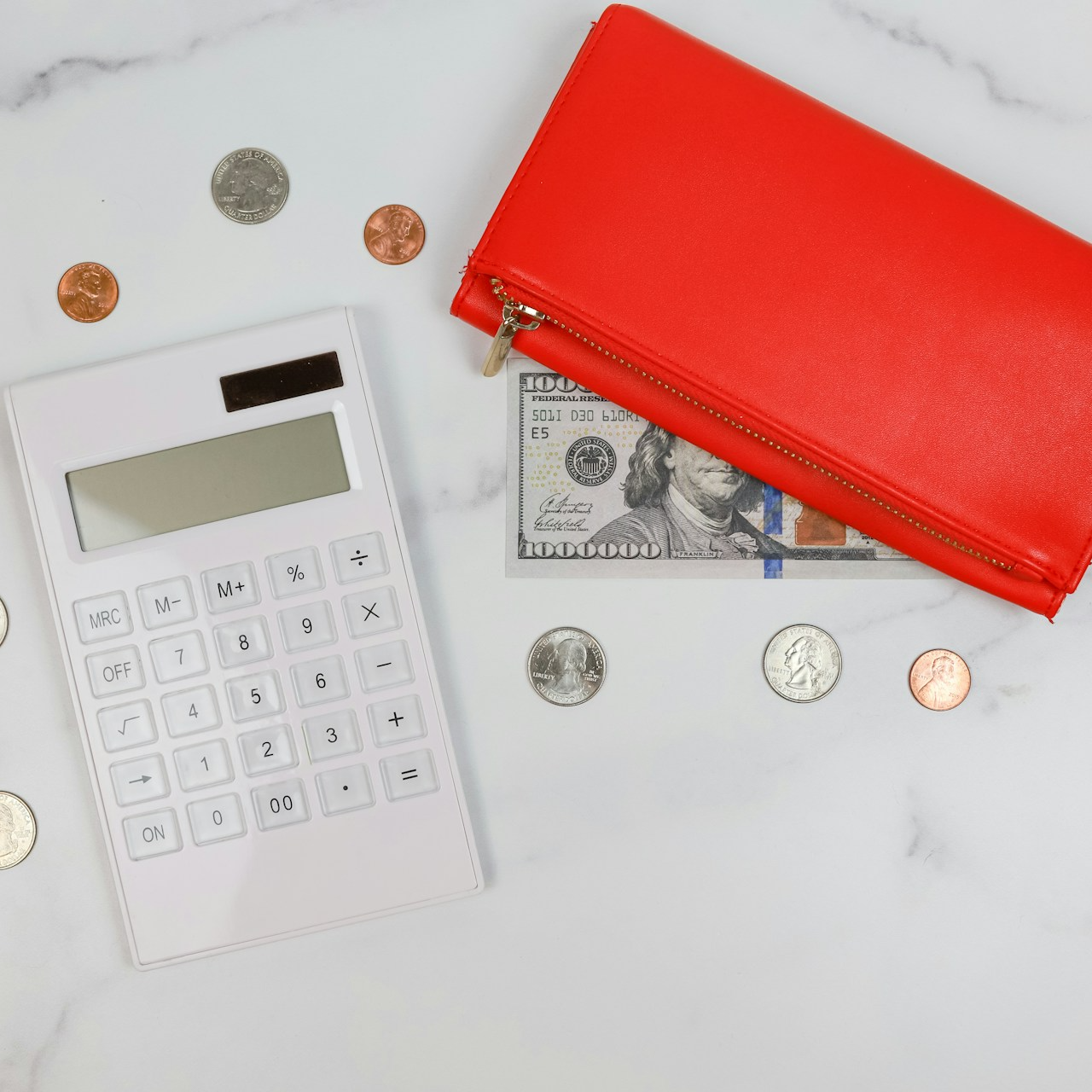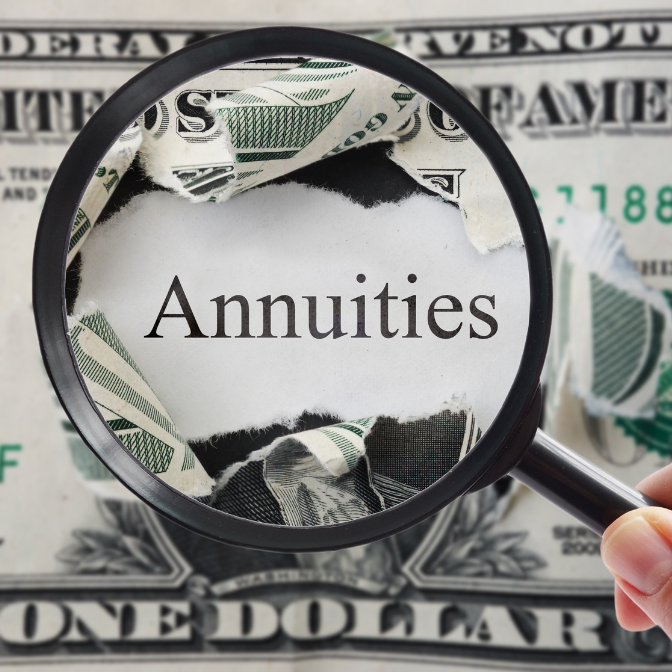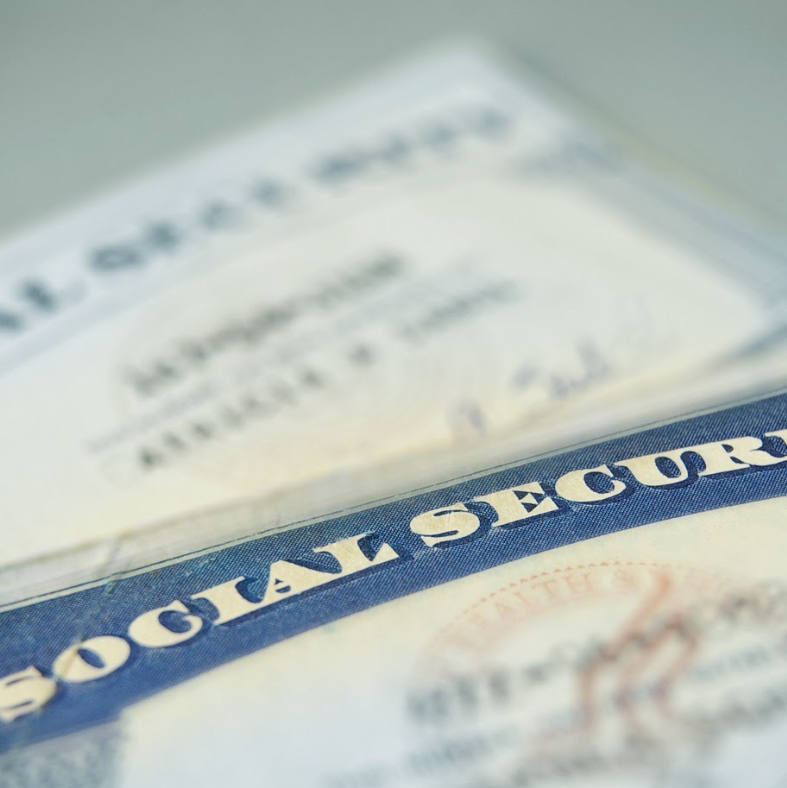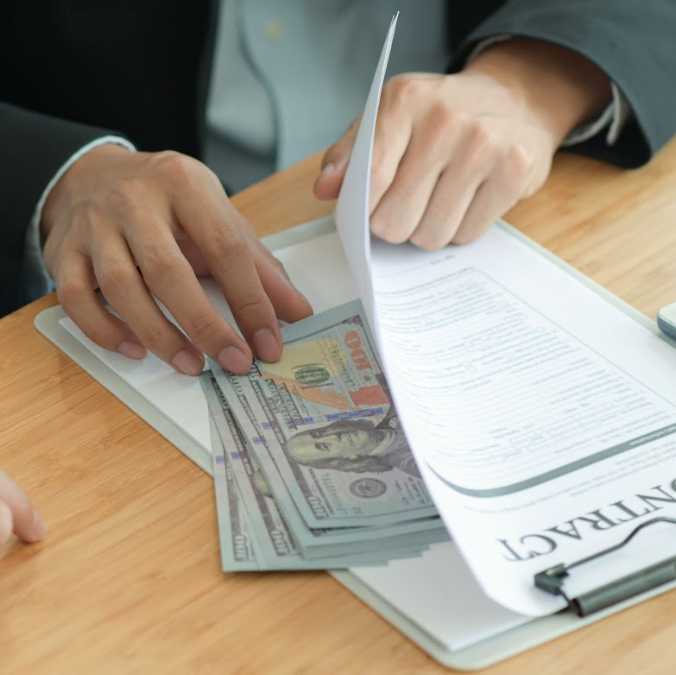Don’t waste your time and energy obsessing over macroeconomic patterns or anticipating the future of the US or the global economy. That doesn’t mean you don’t have to be concerned about them. You need to concentrate on what you can control if you want to protect your finances from a recession. Your cash flow is the most immediate aspect of your financial situation over which you have the most control.
Spend Wisely
The term “cash flow” refers to the inflow and outflow of monetary resources. You can do a lot to impact how often you go out. It’s a good idea to have a contingency plan in an emergency. Analyze your current spending and identify areas where you may save money right away. Entertainment, dining out, high-end purchases, and various types of shopping are all possible candidates. Next, think about the things you can’t eliminate but can cut back on. This might be food, household goods, transportation, or physical exercise equipment (if you switched from driving to biking, for example, or exchanged your exclusive and expensive gym membership for a cheaper option).
Get Rid of Debts
You’ll need to practice strict fiscal restraint to make it through a downturn. NOW is the perfect moment to get rid of or reduce your debts to a minimum. This will allow your budget the wiggle space it needs to keep up with the additional demands that rising costs and declining incomes will impose. Households are forced to make several concessions while the economy slumps. Keep up with your necessary monthly payments and avoid damaging your credit score. Hence, it’s best to start paying down your debts as soon as possible.
Increase Your Earnings
A vital step in controlling your cash flow is evaluating your expenditures to see what you can cut back on or temporarily cease putting into your budget. The money that comes in is also something you have some influence over, so don’t forget that. Increase your earnings with a variety of methods. Given your current position, abilities, and personal preferences, you must determine the best route for you.
Don’t Leave the Market
Seasons of ups and downs affect our economy, as do cycles of ups and downs. Too many investors panic and liquidate their holdings prematurely during a recession. Investing entails risk, but if you liquidate your retirement or other investment accounts prematurely, it can have a long-term negative impact on your financial strategy. Early retirement withdrawals can result in tax fines, locked-in losses, and a loss of long-term capital gains. The costs of exiting the market early should outweigh your apprehension about taking risks in the near run. A falling market isn’t a big deal if you aren’t close to retirement. Dollar-cost averaging or investing the same amount every month allows you to benefit from decreasing market prices. If you are nearing retirement, you should contact a financial advisor to assist you in adjusting your portfolio so that you are less vulnerable to the impending economic crisis.
Conclusion
Maintaining perspective is one of the most straightforward strategies to protect your finances from the recession. Remember that recessions are temporary, and avoid making a short-term choice on a long-term play. They are short-lived and don’t last forever. Because economic patterns are cyclical, it is common for recessions to be followed by periods of expansion. A recession isn’t inevitable shortly, but keeping an eye on the broad picture and being proactive are the best methods to deal with any challenges.
Contact Information:
Email: [email protected]
Phone: 3037587400












